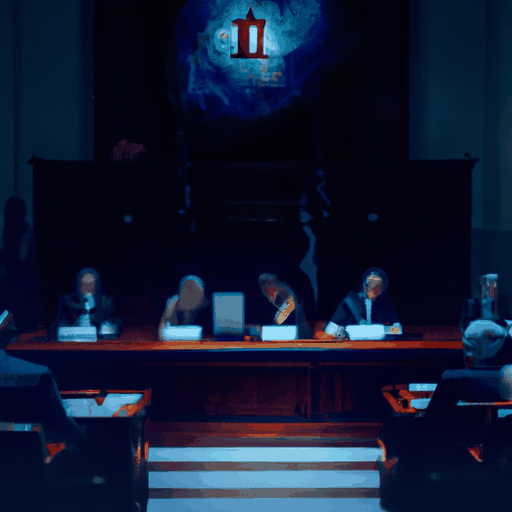
US Prosecutors Appeal Lenient Sentences For HashFlare Founders
By: Isha Das
In recent developments, United States prosecutors are challenging the "unusually lenient" sentences issued to the founders of HashFlare, a cryptocurrency mining service embroiled in a $577 million Ponzi scheme. The co-founders, Sergei Potapenko and Ivan Turõgin, received sentences of time served, which prosecutors have deemed inadequate given the gravity of their offenses.
The legal controversy centers around the substantial scale of the fraud, where thousands of victims were reportedly lured into investing in a non-existent cryptocurrency mining operation. Despite their guilty pleas to conspiracy to commit wire fraud, the sentences are being appealed to the Ninth Circuit, as prosecutors argue that a ten-year prison term is more fitting. Potapenko and Turõgin's legal troubles began following their arrest in Estonia in October 2022, leading to their extradition to the United States in May 2024.
This case has significant implications for the cryptocurrency industry, highlighting vulnerabilities and the need for stringent regulatory oversight to protect investors. Legal experts have commented on the appeal, suggesting that the initial ruling, albeit lenient, may still stand upon review. The final outcome of this legal battle will likely influence future legal proceedings involving crypto-related fraud, setting a precedent for how such cases are adjudicated.
The discourse surrounding this case points towards broader concerns about regulation and investor protection within the cryptocurrency space. With increasing instances of fraud and deception, regulators worldwide are under pressure to craft more robust frameworks to prevent similar fraudulent activities and ensure the integrity of cryptocurrency markets.



